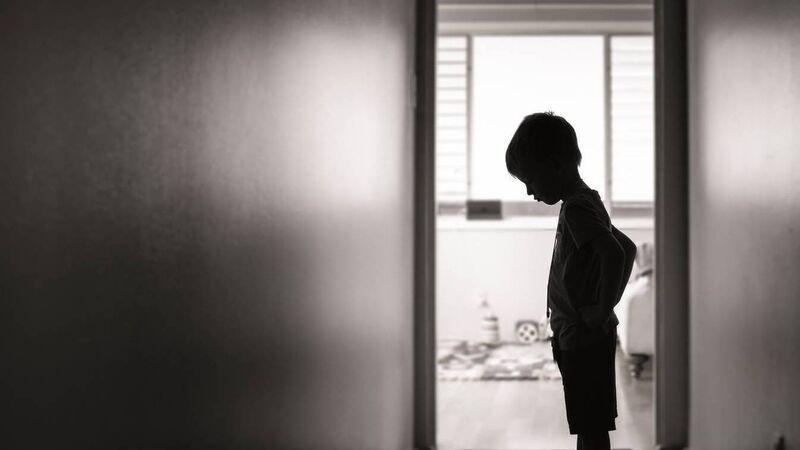Derval McDonagh: We cannot say what happened to Grace will not happen again

There is a significant opportunity for the State right now to ensure justice for Grace as the new National Disability Strategy is in the final stages of its completion. Every disabled child and adult who is at risk of abuse or neglect should have access to an advocate.
There are certain days that should serve as watershed moments in our story as a state. April 15, 2025, was one of them. The long-awaited, final report on the story of Grace was published.
This report details the cruel, degrading and inhumane treatment of an intellectually disabled woman who was left in a foster home for almost 20 years despite numerous credible allegations of her abuse and neglect. The findings of the report detail a litany of missed opportunities and failures by the State.













